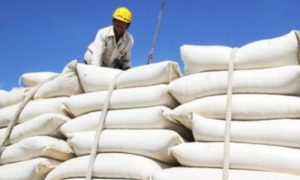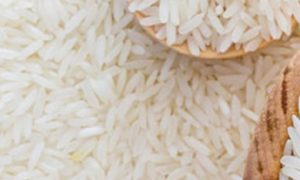Pakistan : Wheat importers warn of 3 million-tonne supply gap, urge govt to allow immediate imports

Wheat importers in Pakistan warn of a 3 million-tonne supply gap and urge immediate imports to stabilize prices, citing flood-damaged stocks and private sector capability. The government maintains reserves suffice until the 2026 harvest. Flour prices in Balochistan surged due to Punjab’s movement restrictions, prompting calls to lift inter-provincial bans.
Wheat importers have raised concerns about a potential 3 million-tonne supply gap in Pakistan, urging the government to allow immediate wheat imports to prevent price escalation and stabilize the market.
The government, however, maintains that current reserves are sufficient until the next harvest in early 2026 and continues to rule out imports.
In a letter to Prime Minister Shehbaz Sharif, Cereal Association of Pakistan (CAP) Chairman Muzzamil A. Chappal emphasized the need for importing at least 1.5 million tonnes of wheat. He urged for an inclusive and transparent import policy to prevent price manipulation and ensure food security.
Chappal warned that limiting imports to flour mills could distort the market, as most millers do not have the financial capacity to manage large shipments. He pointed out that private importers, with their expertise and resources, could help procure wheat competitively without burdening public finances.
He also cited the example of 2023 when commercial importers brought in 3.7 million tonnes of wheat worth $1 billion without government subsidies, showcasing their ability to maintain supply and price stability.
The CAP Chairman also highlighted the impact of recent floods, which have damaged wheat stocks and disrupted supply chains. With the next harvest potentially delayed due to flood-related issues, Chappal called for a long-term import strategy, noting that declining international wheat prices make this an opportune time for imports.
Official data shows that government-held wheat stocks, including federal and provincial reserves, total 4.8 million tonnes. However, CAP estimates that the private sector has already consumed 2.5 million tonnes, widening the supply gap.
Meanwhile, stakeholders have criticized the decision by the caretaker government to allow wheat imports in 2023, which they claim caused a crash in market prices during the domestic harvest, leading to significant losses for farmers.
Prices surge in Balochistan
Wheat restrictions imposed by the Punjab government have caused a surge in flour prices in Balochistan. Pakistan Flour Mills Association (PFMA) Chairman Badruddin Kakar said the price of a 20kg flour bag in the province has increased by Rs800, raising fears of a potential food shortage.
Kakar urged the federal government to lift the inter-provincial wheat and flour movement ban imposed by Punjab, which he said has led to bribery and extortion at provincial checkpoints. He pointed out that both Balochistan and Khyber Pakhtunkhwa heavily rely on wheat supplies from Punjab, which produces 77% of the country’s total wheat output.
Kakar called on the federal government to ensure that the restrictions are lifted to allow for adequate flour supply across the country.
To Read more about Wheat News continue reading Agriinsite.com
Source : Profit Pakistan Today

















